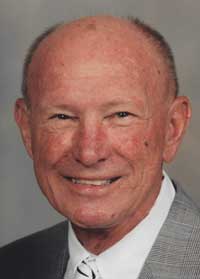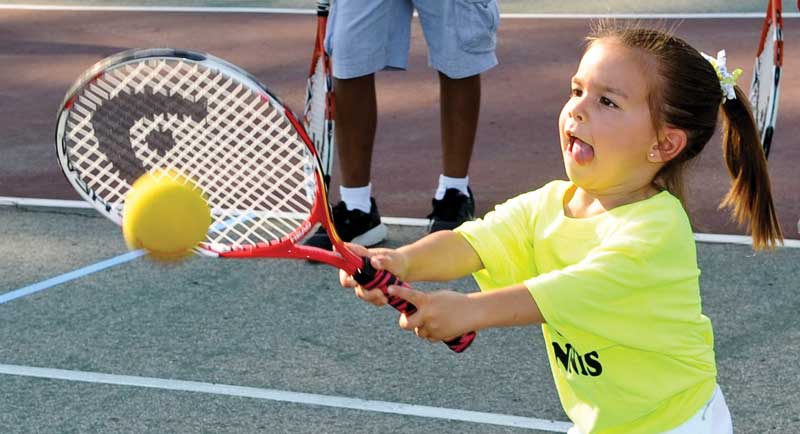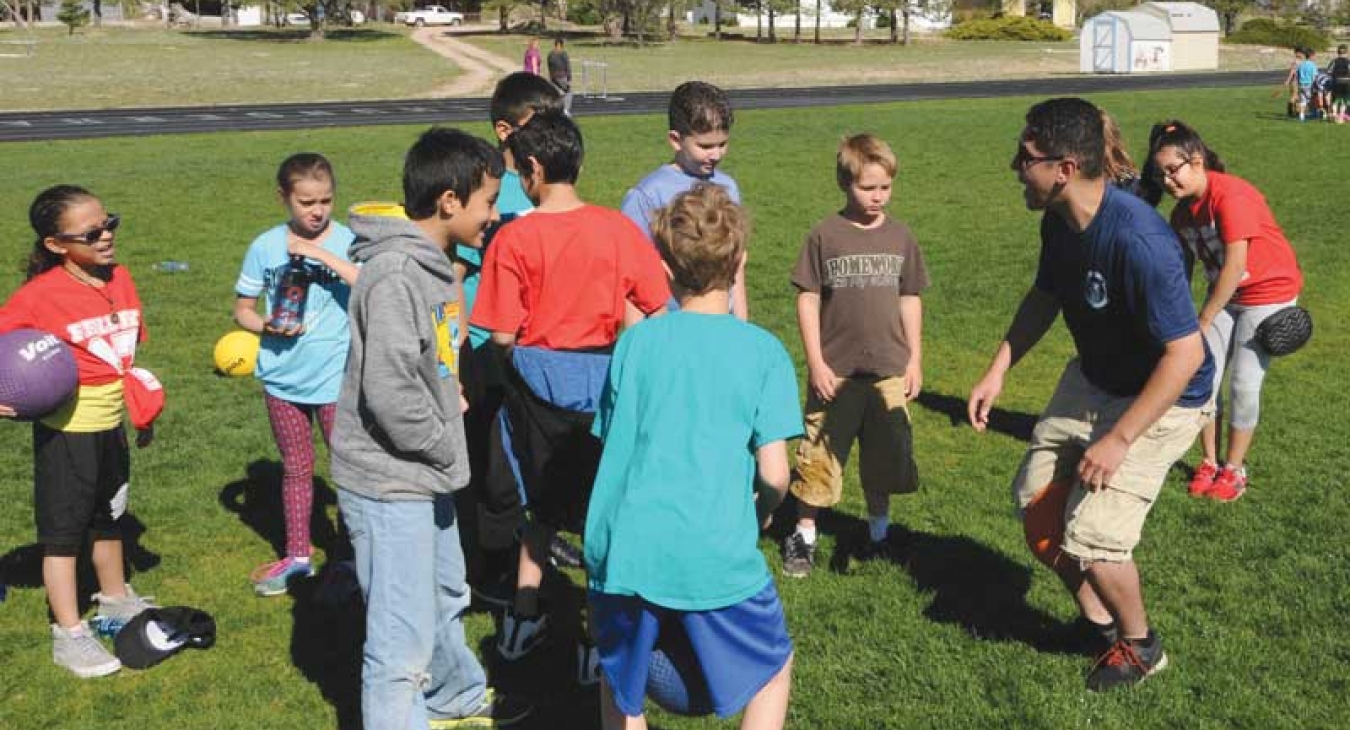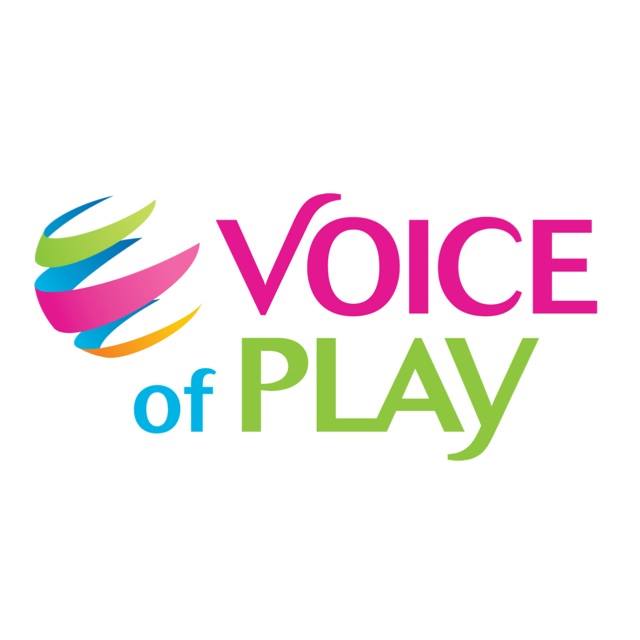
Dad was called Coach by everyone who knew him. He coached high school football for over thirty-five years, mostly in western Pennsylvania. He also taught physical education. During his teaching and coaching profession, Dad brought out the best in people. He pushed people to do their best and he expected them to give their best. One of his more gifted players was former NFL star, Joe Montana.
Dad was one of my first play mentors and had the biggest influence on me besides our mother. Both parents recognized early on that I was a tomboy. I wanted to be outside and play as early as I can remember. Like my dad, I went on to become a physical education teacher and coach over a thirty-year period (1981-2011) at the Washington International School in Washington, DC. During this time I started to see a decline in fun free play. I began researching the subject of free self-chosen play and found out that since the 1980’s children have lost eight to ten hours of free playtime a week.
Structured Play vs. Free Play
Structured Play
When I think of structured play I think of a team with tryouts or sign-ups to play a sport or an activity. This type of play is adult-led with structure. There are agreed upon rules and obligations for participation in structured play.
Dad absolutely loved coaching football although he had his rules. At the same time, almost everyone adored him and wanted to play for him. One of the earliest and most memorable rules he had was if you came out for football and did what was asked of you, not only did you make the team, but you would see playing time at some point during the season. He coached primarily high school football, but also coached college football for a couple of years. My point here is that Dad wanted to give opportunities to everyone and that stuck with me throughout my own teaching and coaching career.
As a former coach of over sixty teams, I was a paid coach for two-thirds of the teams and was a volunteer coach one-third. I coached both my children until Alex, at the age of nine, explained to me that you don’t call all the players to the pitcher’s mound when you want to talk to the pitcher. I never wanted to leave anyone out, just like Dad. I coached Sarah on several soccer and basketball teams. Alex, now 32, plays baseball and football and coaches baseball. Sarah still enjoys soccer but has started playing in United States Tennis Association league. It was a joy and pleasure to coach both of my children.
I also loved coaching other children. While I coached first- and second-graders in basketball I found most of them not ready to play a structured sport, so I strived to make the experience as much fun as possible. Most of my coaching career was with high school and middle school students and three seasons of college tennis while finishing up my masters in Sports Psychology. I specialized in motivation and positive talk. Being positive has many great benefits for players of all ages. Helping players believe they can do it encourages them and can bring out the best in the players.
I am not a big fan of children under six being on a structured team unless they are showing interest. If a child wants to try a structured activity then let them give it a try, but parents should be willing to be flexible. As children get older I think it is important for parents to know and understand their child’s play personality.
Structured vs. Unstructured Play and Why?
There are times when I like to ask the experts like Dr. Marcy Priess-Guddemi whom I highly admire. According to Dr. Guddemi, “the preschool child does not need structured play nor can he comprehend and remember the rules necessary for 'games with rules' such as pee wee baseball, soccer, or football and such. Taking turns (they want every turn to be theirs), running the bases (some children run straight to second base or all around the field if they can hit the ball), and 'You’re out!' (how sad! How does the child comprehend that?). Duck, Duck, Goose can provide another example of why structured play does not work at this age either. A large group of children sit in a circle and wait while two children get to participate. Often times the teacher is the one who is the goose or other times someone is never chosen. Waiting is not good for this age group; they should all be running and playing. Some will argue that children need to learn how to wait, but this is not how children learn to wait.
Unstructured free play is one way children develop self-regulation and executive functioning, which will subsequently enable a child to wait her turn. Mature socio-dramatic play is the highest form of preschool play. In mature socio-dramatic play, children are playing roles and interacting with each other on their terms. For example, the children have turned a corner of the room into a veterinary office. One child is the receptionist. A customer comes in with a stuffed kitten saying her kitty is very sick and she needs to see the doctor. The receptionist tells her to sit over there and wait her turn. A dialog continues between the two children—'My kitty is so sick, I can’t wait.' 'You have to wait; the doctor is busy.' They are learning turn-taking not only by waiting for the doctor but also by waiting to hear the next sentences so each will know how to respond to the speaker. Both the dialog and learning the rules of a social situation are the foundation of playing games with rules later.
After the age of seven, most children are ready for games with rules. Under the age of seven, adult-directed play should be limited or non-existent. The child will need to learn the game of school when they are five and six. The best way to do this is with unstructured free play so children can develop self-regulation, flexibility, and working memory—the components of executive functioning.”
When I was kid most girls didn’t get a chance to play until high school and even then structured play opportunities were minimal. Today children are being put in multiple structured activities as early as two or three years of age. I am sorry to say, I am not a big fan of children that young going from one structured activity to another.
Free Play
As many of you readers know I am the co-founder of the nonprofit Let’s Play America. On our website www.letsplayamerica.org you can read articles and watch videos on free and fun play. You will see that we are striving to not only give children choices of what to play but to give adults the same opportunities.
When a child and/or an adult chooses to play an activity just because it feels good, it is not usually adult-led. It can be a child playing in a sandbox alone or with other children. It can be adults and kids choosing to go to Games Night for the sheer joy of playing board games and cards, just for the fun of it.
Dad enjoyed playing tennis and racquetball. He clearly had a competitive spirit and enjoyed playing games and striving to do his best. Whenever I played tennis with him, singles or doubles, he always had to add some coaching advice.

One time when Dad was around the age of 60 and I was around the age of 34 I beat him in tennis. He was not a happy camper. He did not speak to me for a while until my mother suggested I tell him the only reason I got so good at tennis was due to him. We made up and continued to play for years. I miss those times on the court with him.
To those of you who are reading this column, I hope you will play with the children in your life. Invite them to play what you enjoy, but also ask them what they enjoy playing and join them as often as you can.
Try new activities together; go outside to play as often as possible. In my view, it is most important to give young children free unstructured play daily. Let them be off in a playground exploring, trying to climb the monkey bars, swing as high as they can go and let them have time to be children. Adults do not need to be constantly playing with their children. Can you recall a time in your life, maybe at a family reunion or neighborhood block party kids of all ages just got up and started playing together?
The electronics available to us today are a blessing and a curse. I am typing on a laptop as I write this column. I can send an email to tons of people at once and all of that saves me time and energy. But I can also spend too much time on these devices and then say to myself: “Where did the time go?”
Play Choices
Dr. Stuart Brown, CEO and President of the National Institute for Play (www.nifplay.org) shares his thoughts.
“Play is a universal instinct and we all play differently. Pat Rumbaugh captures this reality by offering multiple options for play that span the lifetime. On close examination, we each exhibit spontaneous joyful engagement that reflects our own unique innate play personality. Pat’s Play Days spark what is there in all of us.”
If you have not read Dr. Stuart Brown’s book, “Play, How It Shapes the Brain, Opens the Imagination, and Invigorates the Soul,” I suggest you immediately order your own copy. This book has offered me so much guidance enabling me to pursue my lifetime dream of encouraging others to play.
We need to be good role models as adults and get off our phones and computers and play. We all need to take time to play daily. If we have children in our lives, they are watching us and they want to do what we do. If you are on the computer, on your phone or watching TV for hours, the children in your life will copycat you.
What were the play opportunities when I was a child? I grew up in a time when my siblings and I went outside for hours and hours to play. We rode our bikes around the neighborhood, we played with kids of all ages. We did not have play dates, but we did play with friends.
Recently I went back to a town called California, Pennsylvania. My family lived there from when I was nine till I was twelve. I used to play touch football in the street; kickball and basketball in my friend Robin’s driveway where she had a hoop on her garage. Unfortunately, the houses are no longer there; they have been replaced by a parking garage. I have many fond memories of freely playing in the street, riding my bike around town and just having fun and freedom as a kid. Times have definitely changed, some for the better and others, I am not so sure. My Dad got to go outside and play freely, as I did and so did my children, but in today’s world things are different.
What can we adults do so that children do not have to go to structured play activities at such a young age so that they can safely play? Follow your playful heart, invite other children and adults to go outside to play, close your street to play. Be creative in your community, consider planning a play day, bring play to an already organized event and bring back the games and activities you played as a child. See www.letsplayamerica.org for more ideas.
There are pluses to both structured and free play. Dad and I helped many young people play by coaching them, giving them confidence and believing in them. At the same time, life can be challenging and children and adults need time to relax and freely choose what they wish to play. Make play a priority in your life. I know Dad did and I know I strive to do that as well. It is not always easy with life’s demands, but when you put your mind to it and when you realize how good you feel, you can take an hour or two out of your day to just go play.
Dad, I want to thank you for playing and encouraging others to play. I know the joy it brought you. I know it fulfilled you when you helped others play. Rest in peace and keep on playing. I know I will.
Love, Patty




















Add new comment